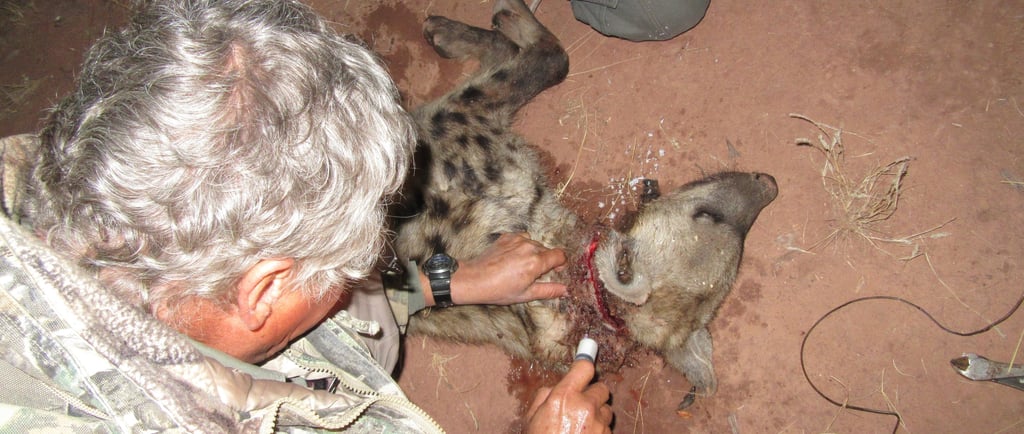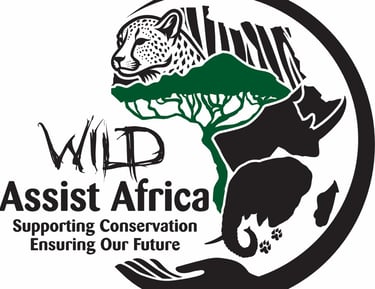Add your promotional text...
Snare Injuries and Deaths in Wild Animals


Snare injuries to wild animals in Southern Africa are increasing significantly. Apart from causing immense pain, suffering, and slow deaths, snares threaten biodiversity by killing individuals of key or endangered species.
Snares are either deliberately set to catch animals for the muti (traditional medicine) trade, subsistence harvesting, or the bushmeat trade. They may also be accidental, when wire is left behind after infrastructure development or decay. No matter the reason, snares are considered a form of poaching and are illegal in most African countries.
A snare is a looped knot of steel wire or cable, anchored to a tree, log, pole, or rock. Most often, they trap the head, neck, or leg of an animal, though cases of snares around elephant trunks or abdomens are not unusual.
Once caught, the loop tightens as the animal pulls, creating a vicious cycle: the harder the animal struggles, the tighter the snare becomes. This cuts off blood supply, causing infection, necrosis, constant pain, and eventually death, either directly from the injury or indirectly from starvation. In many cases, snares embed under the skin, damaging underlying tissue and nerves. Stronger animals may sometimes break free from the anchor point, but the steel loop seldom loosens, keeps causing damage, and indirectly resulting in death due to reduced fitness, or secondary complications.
At WildAssist Africa, veterinarians immobilize snared animals to safely remove the wire and treat the wounds. Wild animals are remarkably resilient, and if treated early with antibiotics, pain relief, and proper wound care, most recover well. However, long-standing injuries not only increase the risks of anesthesia, but may also result in permanent disability, making survival unlikely.
In conservation, we often let natural selection take its course, as it is vital for the survival and evolution of species. But snares are manmade injuries, they cause unnecessary suffering and directly threaten vulnerable populations of endangered species. That’s why we believe it is our responsibility to intervene and make a difference, one animal at a time.
#WildAssistAfrica #Conservation #EndPoaching #WildlifeRescue #AntiPoaching #Biodiversity
© 2025. All rights reserved.
Trustees:
Dr. Erik Verreynne (RSA – Founder),
Mr. Thato Y. Raphaka (Bots – Chairman),
Dr. Rick Nelson (USA)
Trust Registration No.: TUHGB-000086-24


Photo credits: Erik Verreynne, Kai Ting Yeo, Cornelie De Jong, Cheyenne Simmons unless otherwise stated